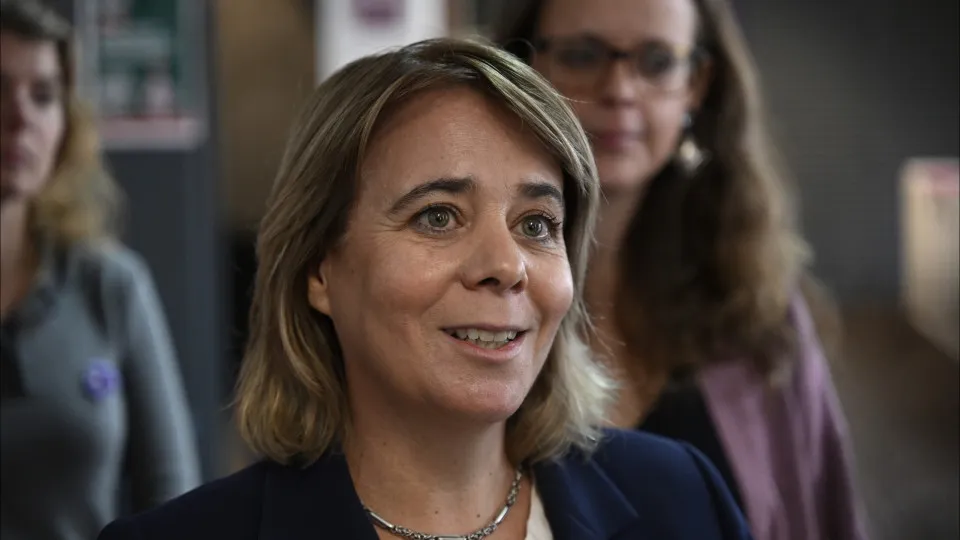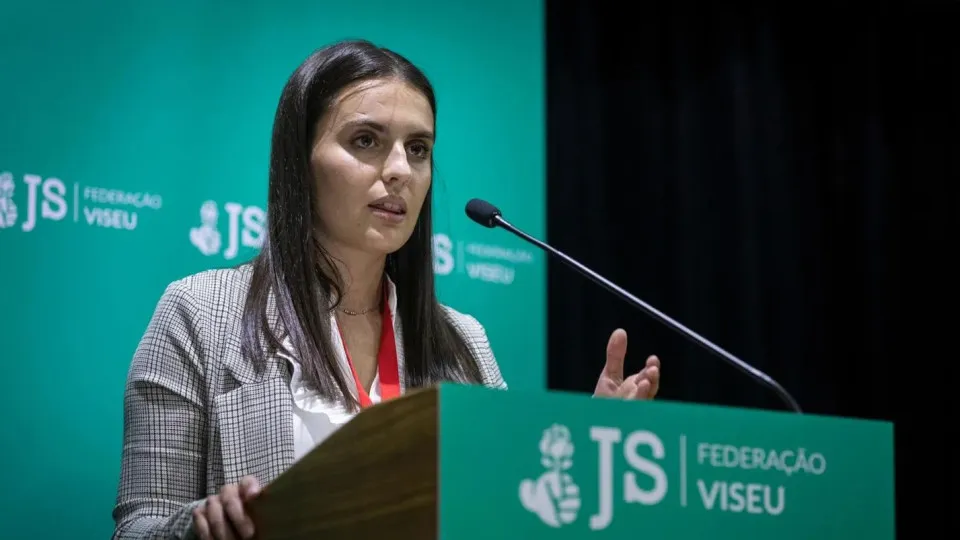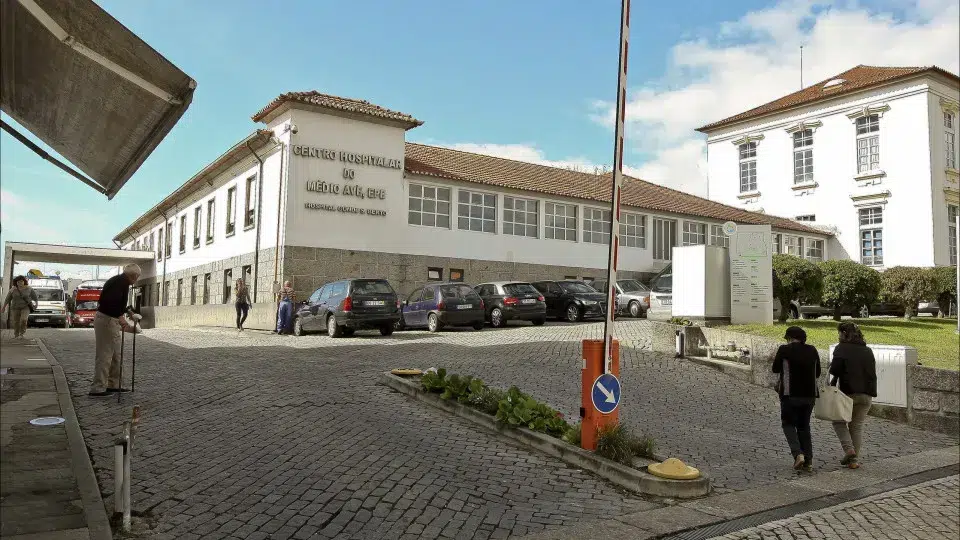
The portfolios of Culture, Youth, and Sports will now be headed by jurist Margarida Balseiro Lopes, previously the Minister of Youth and Modernization, the government announced on Wednesday.
“The appointment of Margarida Balseiro Lopes, a social-democrat well-trusted by the Prime Minister, could indicate a positive development for Culture,” stated Vera Cortês, president of Exhibitio, in a written response to a request for comment.
The direction of Exhibitio is “hopeful” about this choice since, unlike the former head of the Culture sector—art historian Dalila Rodrigues—Balseiro Lopes “clearly has the political experience, party influence, and connections to the business world.”
The association has been actively promoting a public awareness campaign regarding the implementation of a European directive, which they believe harms artists, gallery owners, producers, and other visual arts sector agents, culminating in a protest at the recent ARCOLisboa art fair.
With the publication of decree-law no. 33/2025 on March 24, the sector was “surprised” that the reduction of VAT to 6% on artworks was not included, maintaining the maximum rate of 23% for sales made by galleries, “contradicting the government’s promises and those of the Minister of Culture,” Dalila Rodrigues, who had expressed support for the gallery owners’ expectations.
Regarding the new minister, Exhibitio’s president mentions that “no proximity to the [cultural] sector is known—which doesn’t mean it doesn’t exist—but she deserves the benefit of the doubt” from gallery owners.
“Compared to the previous holder [Dalila Rodrigues], an art historian with a recognized path in museum management, [Margarida Balseiro Lopes] clearly has the advantage of political experience, influence within the party machinery, and a connection to the business world, thanks to her experience at major consultancies like EY and Deloitte,” noted Vera Cortês in response.
She describes Balseiro Lopes as “a jurist with experience in fiscal matters, and, in this context of the desired renegotiation of VAT rates on artworks, someone with whom this economic activity sector can have a dialogue.”
With the new Minister of Culture, Youth, and Sports, the association hopes to renegotiate the government’s decision to keep the VAT rate at 23%.
This stance by Montenegro’s Executive “compromises growth, competitiveness, internationalization, and the sustainability of the national art market and artistic production,” they stated in a recent communiqué at the start of the protest at the ARCOLisboa fair.
For the association, “the only possible path, following the example of other European countries, is to reduce the VAT applied to artworks to 6% for convergence.”
In effect since January 1, the European Union (EU) directive 2022/542 aims to standardize the Value-Added Tax (VAT) system among Member States, which have hitherto used a complex system with different values. In mainland Portugal, rates tiered at 23%, 13%, and 6%.
The VAT panorama on art transactions in the EU is very diverse, with some countries considering changes under the directive, others maintaining current levels; Spain, for instance, at 21%, whereas France and Germany—leading this reform—have reduced it from 20% and 19% to 5.5% and 7%, respectively.
The inauguration of the XXV Constitutional Government is scheduled for 6:00 PM today, 18 days post-election, marking the fastest government formation in Marcelo Rebelo de Sousa’s presidential terms.




